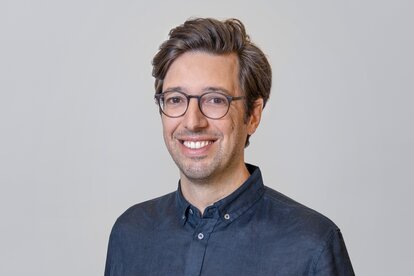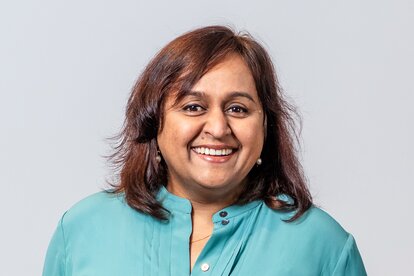A new survey of over 16,000 women and men in 25 low- and middle-income countries demonstrates an alarming picture: two thirds of families report that their children’s access to education has worsened post COVID-19.
According to the survey that Alliance2015 members conducted in October-November 2020 and published today, 65% of households reported a deteriorating educational situation. The share was the highest in the occupied Palestinian Territory (oPT) (98.9%), followed by Liberia (at 93%) and Ecuador (86.8%).
Over 40% say that either no kids at all or only some of the kids (46%) in their household are receiving education. This number gets worse if we filter the countries where schools were still closed at the date of the survey. In those cases, 53% respondents report that none of the children are receiving any form of education.

An interruption in education of this formative age group is reversing the progress that the humanity has made towards achieving Sustainable Development Goal 4 - “ensure inclusive and equitable quality education and promote lifelong learning opportunities for all.”
Where have schools reopened?
Over 90%, of the 16,194 respondents of the survey, report that schools in their locality had been closed at some stage as part of the measures to control the spread of the virus. As functioning of schools is determined by national government policy, a very varied picture is seen across countries while within countries the impacts are more homogenous.
Bolivia, Guatemala, Nepal have the most stringent policies towards school opening with 100% of respondents reporting that the schools remain closed while other countries with similar or worse infection rates have opened their schools. In Bangladesh, most of the respondents are from the refugee camps, the disruption of education in these camps is also nearly universal. Countries like Malawi, Burundi, Pakistan, Afghanistan and Madagascar have chosen to keep their schools open. There appears to be no correlation with COVID infection rates or no coherence in global education policy.

Where schools are still closed, 58% give this as the reason for the children not receiving any education, a significant 43% lack access to the internet, 39% report financial difficulties, 35% report lack of laptops or computer, 33% say there is no one to follow up or support the children at home, and 22% say there are no online classes. Twenty percent of respondents report that children in their households were not going to school before the pandemic started.

The digital divide, that existed before the pandemic, became wider and is creating a massive gulf in access to education among a global generation of children during this pandemic. Of the respondents who report schools are still closed in their area, a shocking 28% say they may not send their children to school even when the schools reopen.
While the impact of lack of access to education is assessed to be similar on girls and boys by 71% of respondents, 15% say girls are impacted more and 8% say, boys. Women feel and report the disruption in education slightly more strongly (67%) than men (63%).
What are we already doing?
Alliance2015 members have initiated a range of actions to ensure continued access to education. We have distributed educational material on COVID-19 to school children and their families. Schools have been provided with hygiene items like soap and sanitizers to minimize the infection risk. Several thousand hand washing stations have been installed in schools around the world.
In some countries Alliance2015 members have distributed radios and batteries to school children so they can continue their education through a curriculum designed for use on the radio. In others continuation of basic education is ensured through open-air schools, digital teaching methods and accompaniment of teachers.
Vocational training courses have been adapted to the current situation. Many now train students to produce masks, liquid soap and disinfectants, meeting local needs while building new skills.
About the survey
The survey was carried out by Alliance2015, a strategic network of eight European non-government organizations engaged in humanitarian and development action. Community Resilience is our shared vision and we join forces to achieve a greater impact on poverty reduction; disaster preparedness and response in the framework of the Sustainable Development Goals. The survey was conducted in a 3-week period during October – November 2020.
Learn about the report findings in brief or download the full report.
What’s next?
We are using the survey results to adapt our programs, initiate new activities and advocate for better use of the COVID-19 recovery packages. We invite you to join us and support our work, to use our data and analysis for your own program development, communication and advocacy.
Write to us for further information or feedback




